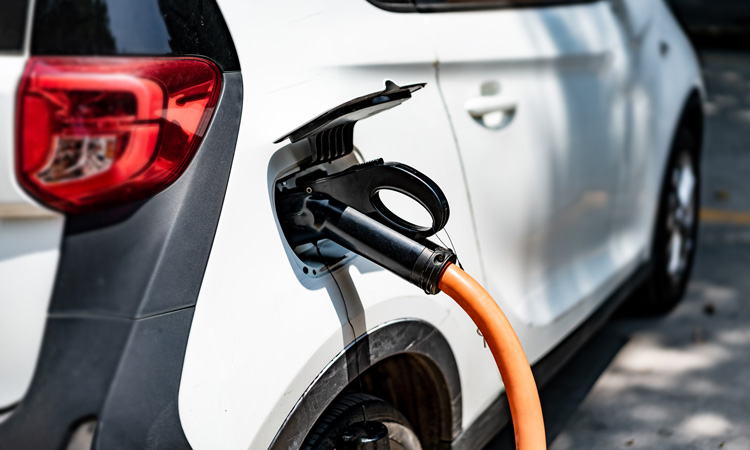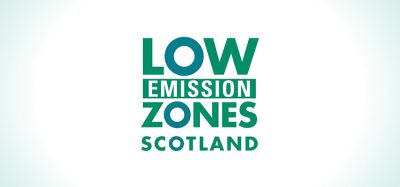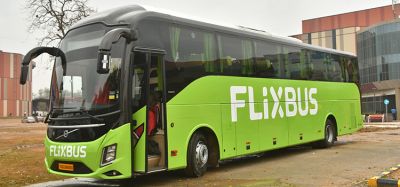Trial demonstrates the need for smart charging in EV adoption
- Like
- Digg
- Del
- Tumblr
- VKontakte
- Buffer
- Love This
- Odnoklassniki
- Meneame
- Blogger
- Amazon
- Yahoo Mail
- Gmail
- AOL
- Newsvine
- HackerNews
- Evernote
- MySpace
- Mail.ru
- Viadeo
- Line
- Comments
- Yummly
- SMS
- Viber
- Telegram
- Subscribe
- Skype
- Facebook Messenger
- Kakao
- LiveJournal
- Yammer
- Edgar
- Fintel
- Mix
- Instapaper
- Copy Link
Posted: 11 February 2021 | Intelligent Transport | No comments yet
UK Power Networks claims energy providers will need to adapt to the needs of individual areas as electric vehicles become more and more widespread in the UK.


A UK trial of smart charging incentives found the majority of electric vehicle drivers on the trial shifted charging to off-peak, reducing demand on the network at the busiest times. The Shift project, led by UK Power Networks, is partnering with Kaluza, Octopus Energy and ev.energy on the trial involving more than 1,000 domestic customers.
The project demonstrated that smart charging needs to be accessible, simple and trusted if it is to generate widespread participation. It also reinforced that to be successful, smart charging products must be designed around real-world customer behaviour and preferences.
There are 102,000 EVs connected to UK Power Networks’ electricity networks in London, the South East and East of England, a figure that is projected to rise to more than 4m by the end of the decade.
Under the trial, customers opted to enroll in different smart charging products that incentivised smart charging at off-peak times. A customer survey revealed that more than 80 per cent of customers on Octopus Go Faster, the tariff designed for the Shift trial, used the reduced tariff rates to run other devices in their homes.
Customers that had selected automated smart charging products had the option of ‘boosting’ their battery charge at all times. The year-long trial revealed this accounted for between six and 30 per cent of energy used for EV charging. The level of boosting varied significantly between individual customers and between trials, suggesting that this is impacted by the type of customer and what smart charging product they were using.
The study also found that as the volume of electric vehicles smart charging grows in a local area, price signals and incentives will need to change to reflect local demand. As a result, networks will need to monitor local network usage and create incentives that encourage the kind of smart charging behaviour that delivers the most value to the network and its whole customer base.
“Electric vehicles are coming and we have a responsibility to provide the capacity needed to ensure our customers can charge when and where they wish,” said Ian Cameron, Head of Customer service and Innovation at UK Power Networks.
“Smart charging has an important role to play in making sure we get the most efficient use out of our existing infrastructure, and where we do invest it is in the right place at the right time.”
Nick Woolley, CEO and co-founder of ev.energy added: “Realising the full potential of market-led smart charging requires collaboration across industry to deliver the right market structure and consumer incentives.
“UK Power Networks’ market-led approach is innovative and supports widespread adoption of smart charging, which is a win for customers by reducing energy costs, a win for the network by reducing congestion, and a win for society by supporting a zero-carbon grid.
“Together through Project Shift, we have shown that smart electric vehicle charging has a role to play in helping utilities like UK Power Networks avoid constraints and support a zero-carbon grid.”
Related topics
Accessibility, Passenger Accessibility, Supply Chain Logistics, Sustainable Urban Transport
Related modes
electric car
Related cities
UK
Related organisations
ev.energy, Kaluza, Octopus Energy, UK Power Networks
Related people
Ian Cameron, Nick Woolley







